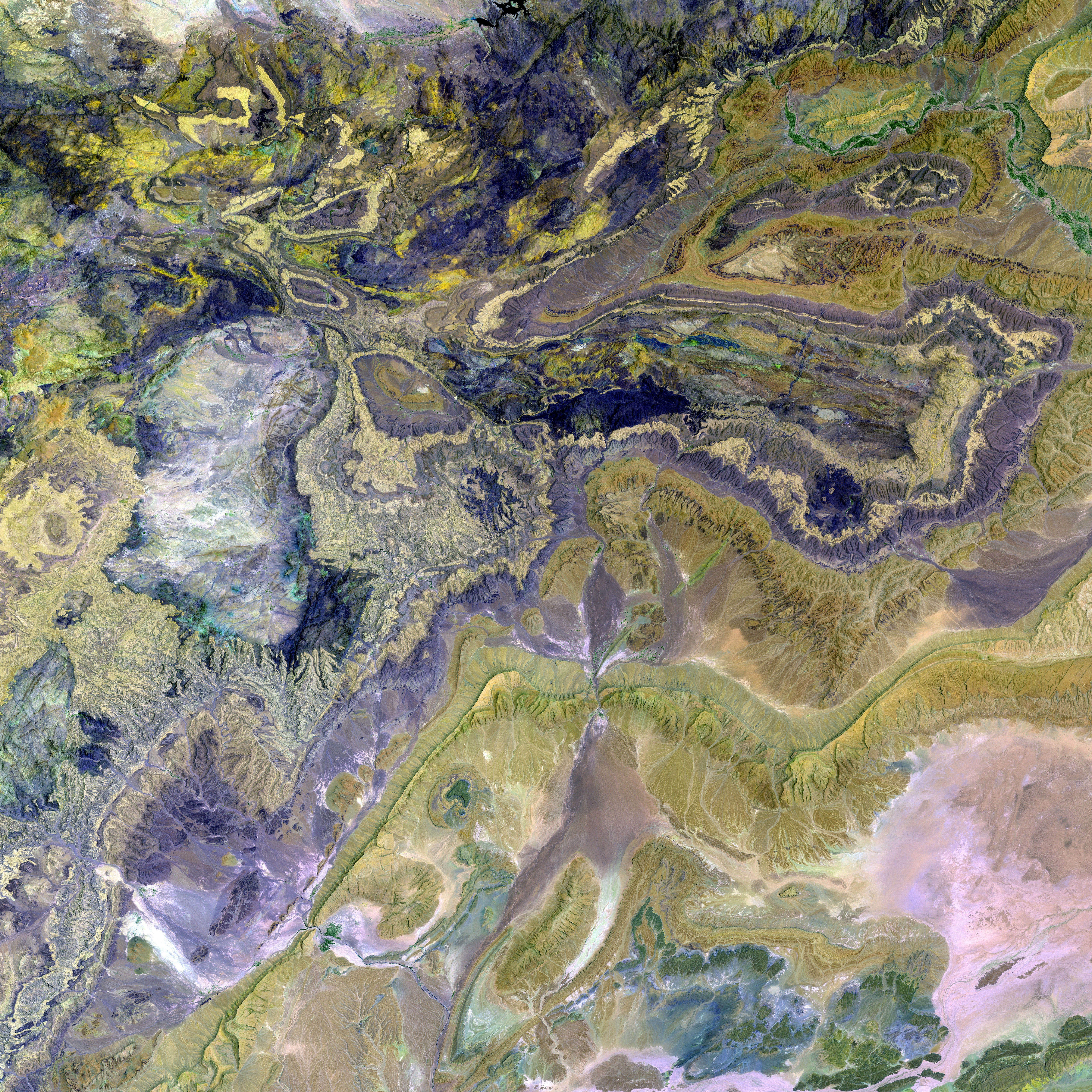Interview with Dendra CEO Susan Graham: Insights and Perspectives
Dendra, a UK-based tech firm, offers AI-driven solutions to restore and manage ecosystems on a large scale. In an interview, CEO Susan Graham discussed the company's strategies and technologies.
Graham revealed that Dendra started in 2014, with a focus on using drones to speed up reforestation. As the company grew, it expanded its mission to address ecosystem degradation by providing AI-powered tools for industries, governments, and communities.
The company's Optical Intelligence Platform is geared towards industries like mining, environmental consulting, and government agencies with large or multiple sites. The platform captures ultra-high-definition imagery and processes it into valuable, actionable data. It enables users to monitor landscapes, identify ecological changes, and make informed decisions for sustainable environmental management.
To analyze geospatial data, Dendra employs AI tools that detect ecological features and environmental changes. These insights enable real-time monitoring, measurement of restoration efforts’ impact, and data-driven decision-making for ecosystem management. The system also prioritizes intervention areas by assessing ecological connectivity and restoration potential.
Dendra's AI models learn from repeated exposure to expertly labeled data to recognize subtle differences in environmental features. The AI outputs are shared through a simple interface, allowing users to integrate them into their tools. Annual or multi-year monitoring helps users spot trends, assess intervention effectiveness, and build a valuable dataset for long-term ecosystem management.
Examples of Dendra's work include a mangrove restoration project in Abu Dhabi and improvements in biodiversity and ecosystem health on mining sites in Australia. These collaborations demonstrate how localized ecosystem challenges can contribute to addressing the global biodiversity crisis, allowing individuals, industries, and communities to work together for a sustainable planet.
- Dendra, founded in 2014, originally used drones to speed up reforestation, but has since broadened its mission to include addressing ecosystem degradation via AI-powered tools.
- The company's Optical Intelligence Platform is designed for industries like mining, environmental consulting, and government agencies, capturing ultra-high-definition imagery and processing it into valuable, actionable data.
- To analyze geospatial data, Dendra employs AI tools that detect ecological features and environmental changes, enabling real-time monitoring, measurement of restoration efforts' impact, and data-driven decision-making for ecosystem management.
- The system prioritizes intervention areas by assessing ecological connectivity and restoration potential, with Dendra's AI models learning from repeated exposure to expertly labeled data to recognize subtle differences in environmental features.




